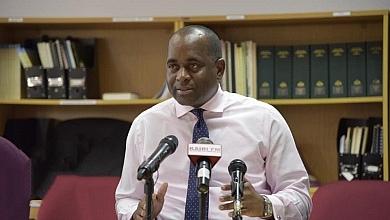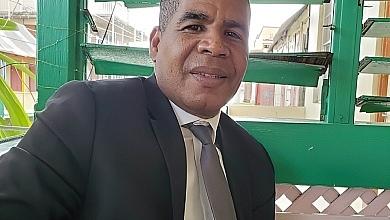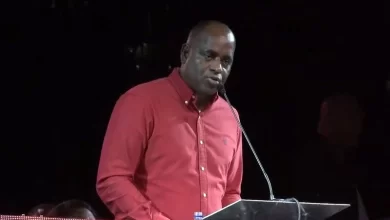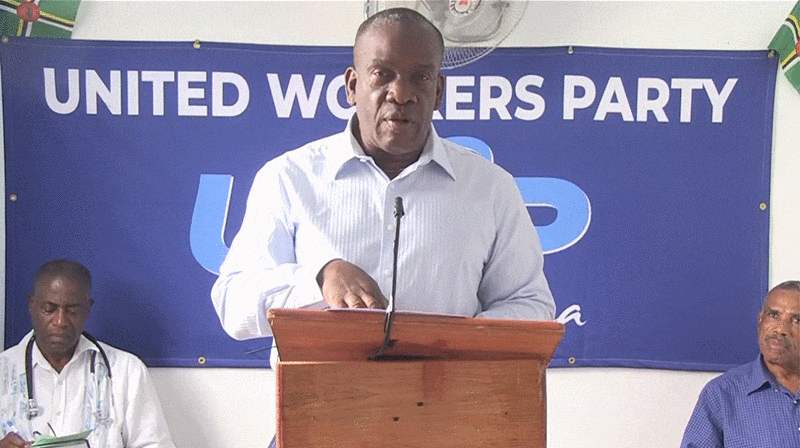
The Inter-American Commission on Human Rights (IACHR) has publicly voiced concern over the pace and process of Dominica’s recent electoral reform legislation. While the government sees the reforms as the fulfilment of long-promised democratic updates, opposition figures and civil society leaders argue that key elements, such as campaign finance rules and true electoral oversight, were excluded. The issue is now being debated not only within Dominica’s political landscape but also across the Caribbean and international diplomatic circles. At stake is the perceived legitimacy of Dominica’s electoral system and the government’s relationship with its people.
IACHR Flags Transparency and Participation Concerns
In its official release, the IACHR noted that Dominica’s passage of three key electoral bills—the Electoral Commission Bill, the House of Assembly (Elections) Bill, and the Registration of Electors Bill—appears to have sidestepped meaningful public consultation. The organization emphasized the importance of inclusive processes, especially in matters that directly affect political rights and democratic governance.
The Commission also cited the use of security forces during the March 19 protest outside Parliament, pointing to potential violations of the right to peaceful assembly and freedom of expression. It encouraged Dominica to embrace reforms in line with human rights standards and regional best practices, with a specific focus on the inclusion of civil society and fair access to the electoral process.
The Government Defends Its Legislative Path
Prime Minister Roosevelt Skerrit’s administration has rejected claims that the reforms were rushed or politically motivated. In government statements, officials reaffirmed their commitment to electoral modernization, noting that most provisions were grounded in the recommendations of retired CCJ President Sir Dennis Byron, who was appointed in 2020 to guide the reform process.
The government argues that the bills passed in March introduced long-needed updates to voter ID systems, registration verification, and administrative capacity of the Electoral Commission. Authorities have insisted that public consultations were held, and that many stakeholder groups—including political parties, private sector leaders, and international observers—were consulted over the past two years.
As for campaign finance regulation, government ministers say it was never a part of Byron’s core recommendations and requires separate treatment due to its complexity. In their view, bundling it with core electoral reform would have delayed necessary changes and derailed momentum.
Opposition and Civil Society Demand Deeper Reform
Opposition parties, particularly the United Workers Party (UWP), see things differently. For Dr. Thomson Fontaine and other ERC members, the reform process lacks democratic legitimacy. They claim that while consultation may have occurred, the final drafts were rushed through Parliament without public education or adequate transparency about what had changed.
The Electoral Reform Coalition and other civil society organizations also note that the Electoral Commission’s internal recommendations were never made public. They argue that withholding such documents undermines trust and leaves citizens unable to assess whether their voices were reflected in the final legislation.
Critics further contend that the reforms fall short in key areas, especially regarding diaspora voting, campaign financing, and the structural independence of the Electoral Commission. These omissions, they argue, create the appearance of electoral reform without its democratic substance.
March 19 Protest: Protest or Premeditation?
The government’s decision to place the Regional Security System (RSS) on standby before the March 19 protest—and the use of tear gas and riot control tactics during the demonstration—sparked national and international debate. Minister for National Security Rayburn Blackmoore later characterized the protest as an “attempted storming of Parliament,” a claim that opposition leaders have strongly denied.
The police presence and subsequent arrests of protestors, including former MPs, have raised questions about the government’s tolerance for dissent. The IACHR called the response “alarming” and cautioned against the use of force to stifle political expression.
Supporters of the protest maintain that it was peaceful until escalated by police action. For them, the heavy-handed response was not just unnecessary—it was emblematic of a deeper problem: a government unwilling to engage opposing views on reform.
The Reform Itself: What Was Gained, What Was Missed
There is no question that the new laws represent an administrative improvement. The introduction of biometric voter ID cards, digitized registration, and clearer voting procedures could reduce fraud and improve efficiency. Many of these elements reflect global best practices and meet demands that have been voiced for years.
However, glaring omissions—especially around campaign finance, the residency rule for overseas voters, and the transparency of electoral oversight—remain unresolved. Critics argue that these are not side issues, but central to ensuring free and fair elections in a country where election margins are often slim.
Dominica’s political culture, shaped by decades of dominant-party rule and passionate partisanship, requires not only technical fixes but visible protections of fairness and accountability.
The IACHR’s Role: External Interference or Necessary Oversight?
Some government allies have framed the IACHR’s statement as external interference in domestic affairs. Yet others argue that the Commission’s intervention is part of its role in monitoring and advising democratic governance in OAS member states.
The IACHR’s emphasis on campaign finance, freedom of assembly, and electoral integrity are not unique to Dominica. Similar critiques have been issued across Latin America and the Caribbean. The question is whether Dominica can respond in a way that affirms its sovereignty while acknowledging valid concerns.
Transparency need not weaken a state’s autonomy—it can strengthen it. Ignoring international calls for reform may provide short-term political cover, but it can also lead to long-term reputational costs and fuel internal division.
Opportunity in the Wake of Criticism
The electoral reform debate is not over. With the new legislation now law, attention shifts to implementation—and to whether the government will follow through on promises to address campaign financing and electoral commission reforms in future bills.
This is an opportunity for both government and opposition to re-engage constructively. Government leaders could build public confidence by releasing the Electoral Commission’s recommendations, clearly outlining plans for campaign finance reform, and affirming a timeline for further democratic safeguards.
For the opposition, meaningful participation in the democratic process—even when imperfect—remains critical. Boycotts and disengagement only widen the gap between institutions and citizens.
Above all, Dominica’s people deserve an electoral process they can trust, not just because laws were passed, but because those laws reflect their values and safeguard their rights. Reform was necessary. Trust is optional—and it must be earned.
The events of the past months have tested Dominica’s democratic resilience. How the country responds—through dialogue, transparency, and accountability—will determine whether the reform becomes a milestone or a missed moment.
This article is copyright © 2025 DOM767








